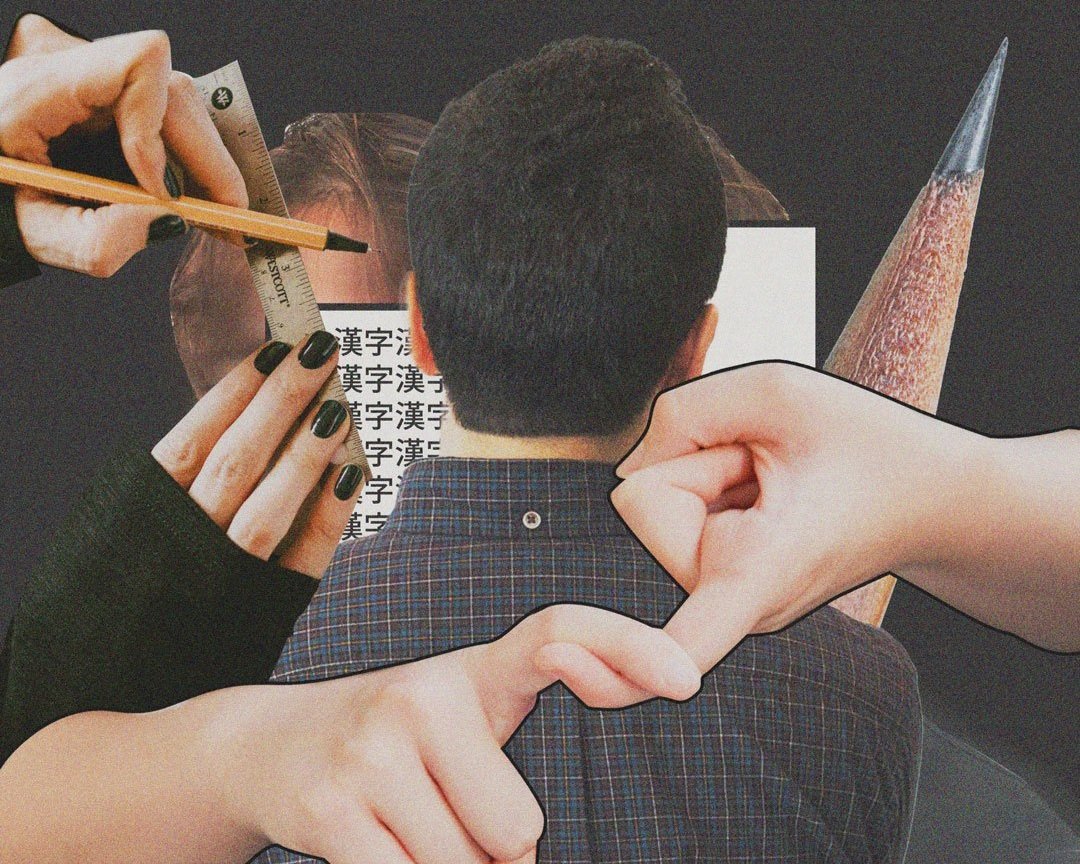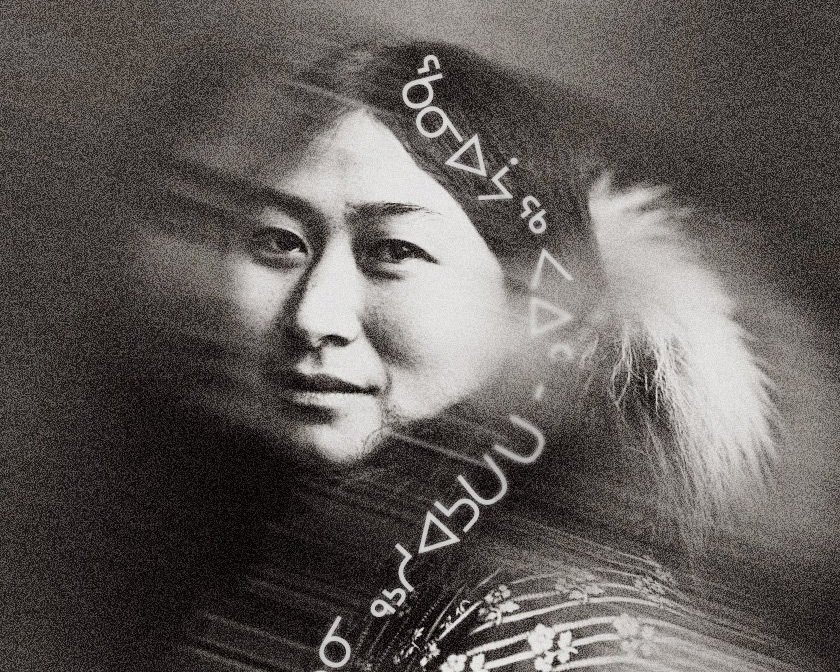Marvin Mābu Nauendorff ・
Marvin Mābu Nauendorff ・
Marvin Mābu Nauendorff
Contact
nauendorff@linguaphilemagazine.org
EDITOR IN CHIEF / ART DIRECTOR
Marvin Mābu Nauendorff is the editor-in-chief and founder of Linguaphile. Growing up in Germany, his journey into linguistics started in middle school when he began studying Japanese, Korean and Vietnamese and took a significant turn when he was introduced to Inuktitut, Ainu, Japanese Sign Language and Ryukyuan languages, sparking an interest in endangered and minority languages. This led him to move to Osaka, Japan working at non-profit organizations and taking on various opportunities as a voluntary translator and interpreter.
He currently works as a type and editorial designer, researching typography in non-Latin writing systems. In 2021, he founded Linguaphile, relaunching it in 2024 with a renewed vision and a team eager to explore the human stories behind the world's languages.







